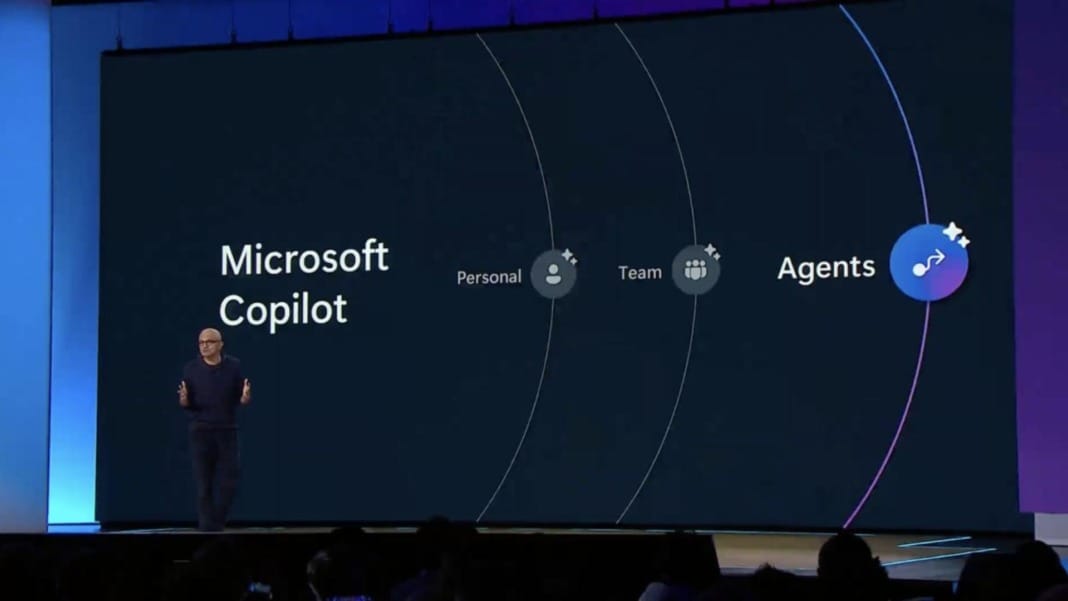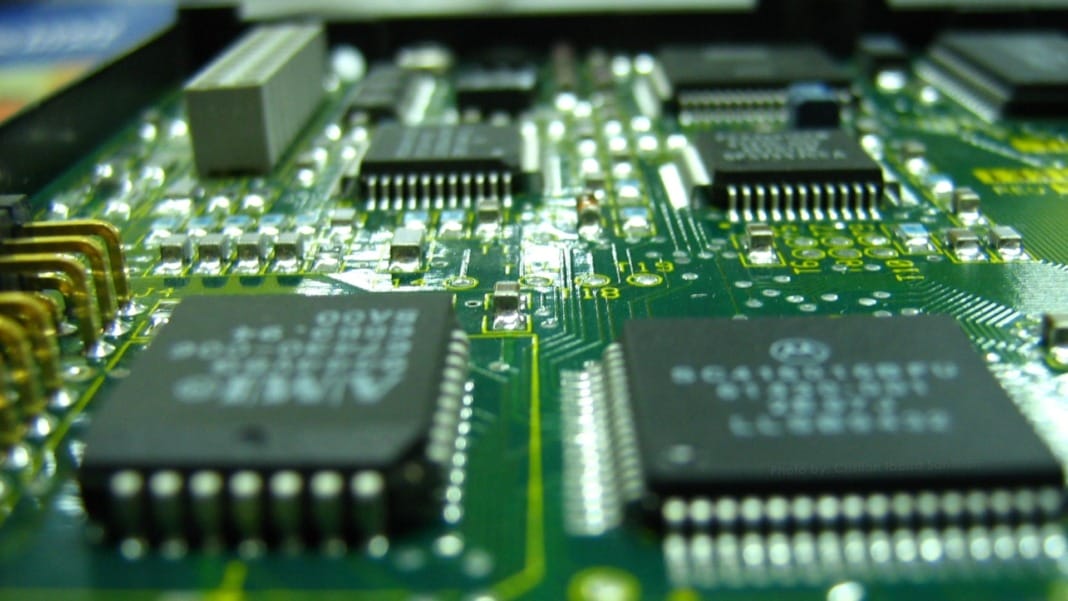Microsoft is set to revolutionise the way businesses operate with the introduction of Copilot AI agents, designed to act as virtual employees and streamline tasks automatically. This new feature will enable Copilots to proactively perform various functions, such as monitoring email inboxes and automating tasks that are typically carried out manually by employees.
A shift in Copilot’s behaviour
In a recent interview with The Verge, Charles Lamanna, corporate vice president of business apps and platforms at Microsoft, highlighted the significant change in Copilot’s functionality. Instead of solely engaging in conversations, Copilot will now be able to work autonomously in the background on automated tasks, marking a substantial evolution in the realm of AI agents.
Microsoft is currently offering a preview of this innovative feature to a select group of early access testers, with a public preview scheduled to take place within Copilot Studio later this year. Businesses will have the opportunity to create Copilot agents to handle a wide range of tasks, including IT help desk services and employee onboarding processes.
Copilot agents: Working for you
According to Microsoft, Copilot agents are transitioning from being mere assistants to actively working in the best interest of businesses. By leveraging a company’s data, these agents can be triggered by specific events to carry out designated tasks efficiently. For instance, a Copilot designed for employee onboarding can greet new hires, provide relevant HR information, assist with paperwork, and set up initial meetings, thereby streamlining the onboarding process and allowing employees to focus on their core responsibilities.
Microsoft emphasises that the aim of Copilot agents is to eliminate repetitive and mundane tasks, such as data entry, rather than entirely replace human jobs. By automating these routine tasks, businesses can enhance productivity and efficiency while enabling employees to concentrate on more strategic and value-driven activities.
Ensuring controlled automation
To address concerns regarding unchecked automation, Microsoft has incorporated various controls within Copilot Studio. These controls are designed to prevent the AI agent from acting independently and ensure that it operates within predefined parameters. By enabling users to flag specific scenarios for human review, Copilot can maintain a level of oversight and accuracy, particularly in handling complex queries and data.
Moreover, Microsoft is facilitating the integration of custom data sources into Copilot, enabling businesses to leverage their existing data from platforms such as public websites, SharePoint, and OneDrive. This move signifies Microsoft’s commitment to enhancing Copilot’s capabilities beyond basic chatbot functionalities, empowering users to create tailored solutions that align with their unique business requirements.
In conclusion, Microsoft’s Copilot AI agents represent a significant step towards enhancing business automation and streamlining operational processes. By combining advanced AI capabilities with user-friendly controls, Microsoft aims to empower businesses to leverage automation effectively while maintaining human oversight and collaboration in the workplace. With these advancements, the future of AI-driven automation holds promising opportunities for businesses seeking to optimise their operations and drive productivity.





